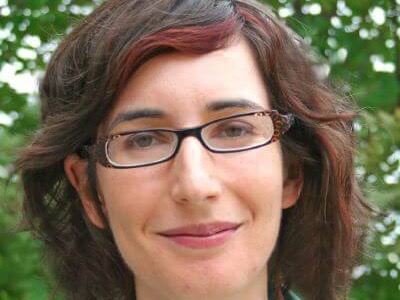Recipients of PSC Small Grant Awards
Asymmetrical Response to Positive and Negative Change in Neighborhood Composition
Elizabeth Eve Bruch

The overarching goal of this research is to explore how systematic biases in how people perceive and/or respond to their local environment shapes population dynamics and patterns of inequality. The focus of the current study is how the speed and direction of neighborhood change affects individuals’ residential mobility behavior (and, ultimately, the feedback between individual mobility and neighborhood trajectories). Cognitive psychologists have long documented an asymmetry in how individuals evaluate positive and negative events; negative events are subjectively more potent and of greater salience than are positive events of the same objective magnitude. If we apply this idea to neighborhood mobility and neighborhood change, it suggest that people are much more likely to flee a neighborhood that is in decline than they are to seek out an area that is improving. In addition, a neighborhood in decline may change very quickly, while a neighborhood undergoing gentrification may improve only slowly (at least at first). In the past, detailed studies of neighborhood change have been thwarted by the lack of good data on neighborhood composition. Census data are collected once every ten years, and scholars interested in patterns of change must assume linear change between Census years, which seems highly unlikely. This study uses a novel, new data source for the Los Angeles metro region to reconstruct year-by-year changes in the race and income of households occupying owned housing units. This allows us to describe the speed and direction of neighborhood change for owned units at a very high level of granularity. I will later merge these data with information on residential mobility among homeowners in the Los Angeles Family and Neighborhood Survey to explore how the speed and direction of change affects individuals’ willingness to move in and out of neighborhoods.
Funding Source: PSC Initiatives
Funding Period: 03/01/2013 to 06/30/2014
